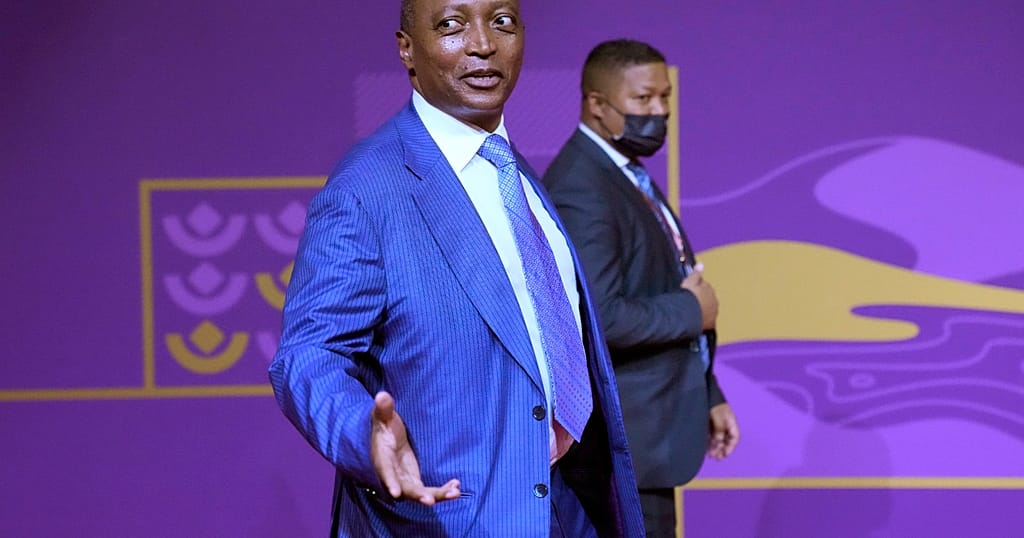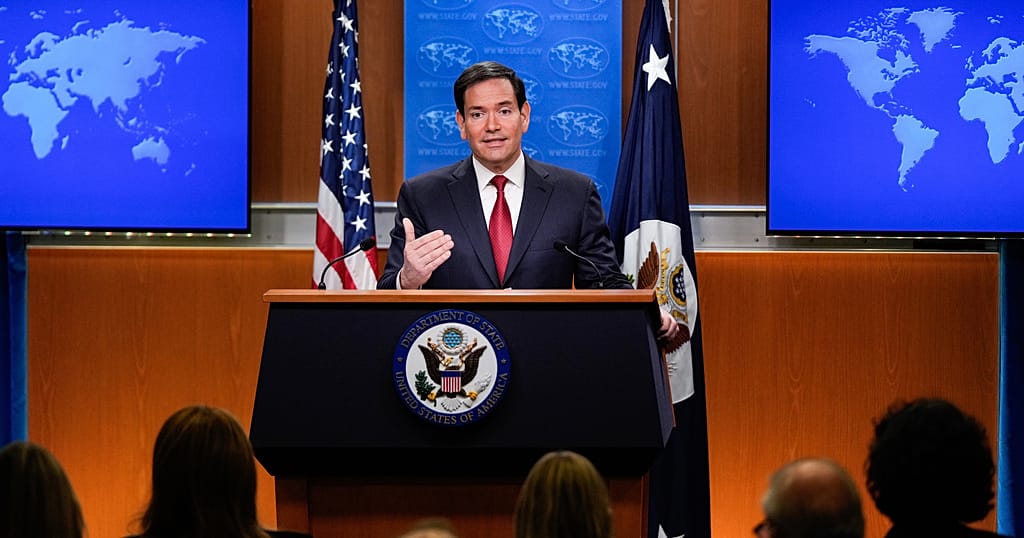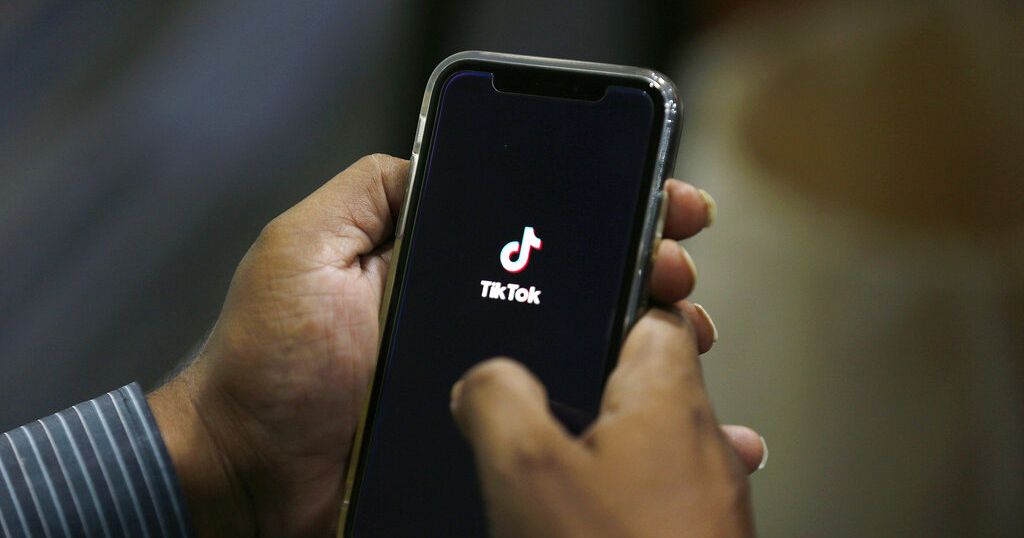Countries submit draft resolution on A.I use to UN General Assembly

U.S. ambassador Linda Thomas-Greenfield says artificial intelligence, or A.I., has “enormous potential to shape our economies, society, and the world for the better.”
On Thursday, at U.N. headquarters in New York, Thomas-Greenfield – joined by 40 other member states – said the U.S. has introduced a resolution that would ensure those benefits “extend across the globe to countries at all levels of development.”
She delivered a joint statement on behalf of Argentina, Australia, Austria, Bahamas, Belgium, Bulgaria, Cabo Verde, Canada, Chile, Côte d’Ivoire, Croatia, Cyprus, Czechia, Denmark, Djibouti, Dominican Republic, Estonia, the EU, Finland, France, Georgia, Germany, Greece, Hungary, Iceland, India, Ireland, Israel, Italy, Japan, Kenya, Latvia, Liberia, Lithuania, Luxembourg, Malta, Montenegro, Morocco, Netherlands, New Zealand, Peru, Poland, Portugal, Republic of Korea, Romania, Singapore, Slovakia, Slovenia, Spain, Sweden, Türkiye, United Arab Emirates, United Kingdom, and Uzbekistan. But is hoping to get more support from the other 139 member states.
“The resolution calls on member states to promote safe, secure, and trustworthy AI systems to address the world’s greatest challenges, including those related to poverty, poverty elimination, global health, food security climate energy, and education. We are resolved to bridge the artificial intelligence and other digital divides between and within countries through capacity building, increasing digital literacy and other actions,” she said.
“Consensus on this important topic could help extend the benefits of AI to member states across all regions and development levels in support of the 2030 Agenda for Sustainable Development,” Thomas-Greenfield added.
Omar Hilale, Morocco’s ambassador to the U.N., said the resolution was a great opportunity for the collective.
“The potential of artificial intelligence to accelerate human development is huge. At the same time, it is important to be aware of the malicious use of this technology, which can have very serious consequences for global peace and security and development,” he said.
The resolution is up for a vote on March 21.
Source: Africanews















